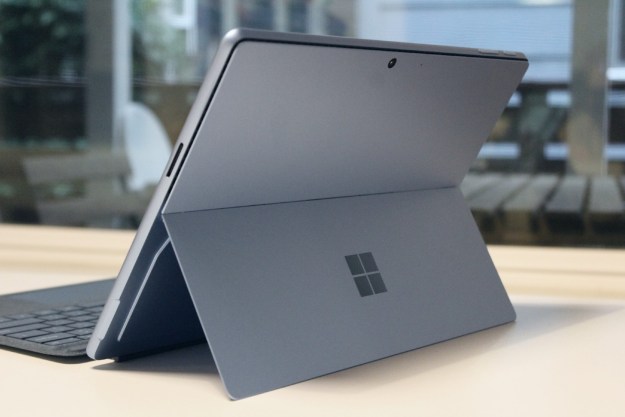
Barack Hussein Obama will be sworn in as the forty-fourth President of the United States on January 20th…and some industry watchers are wondering whether the Internet will be able to keep up with the nationwide (and worldwide) interest in the event. Some published estimates forecast that Internet traffic will be double or even triple typical weekday levels, with major media outlets like CNN, Fox, NBC, CBS, and ABC trying to serve unprecedented amounts of streaming video. Similarly, social and sharing sites like YouTube, Flickr, and Twitter will no doube struggle to enable everyday people get their own photographs, video, and thoughts online.
Some are expecting the Obama inauguration to be the most-watched live Internet event to date, in part because Obama and Obama supporters were so effective at using the Internet as an organizational and campaign tool: many folks who are highly motivated to watch the inauguration online are already savvy and plugged-in.
Of course, no big Internet event can happen without nay-sayers…and potential downsides. Some are already saying the inauguration will be an enormous drain on worker productivity for businesses whose employees are online and have Web access
The burden won’t be limited to the Internet: mobile phone operators have already warned that calls and messages to and from the Washington DC area may be delayed or unreliable. Mobile phone operators are asking users to hold off on sending photos and videos until after the event, and to use text messages instead of voice calls. Of course, since many mobile phone operators charge for text messages on a message-by-message basis, it’s in their financial interest to have as many people texting as possible, rather than relying on old-school voice communications.
Security experts are also warning that phishing attacks as well as inauguration-related frauds and scams will likely increase in the time period surrounding the inauguration. Experts urge Internet users looking to follow events in real time stick with sources they know and trust.
Editors' Recommendations
- Best Verizon Fios new customer deals: Get 2GB/s internet in your home
- Apple already has its next big chip, but you may never see it
- The RTX 5090 and 5080 may launch sooner than expected
- We may have just learned how Apple will compete with ChatGPT
- Broadband internet just got redefined — again


